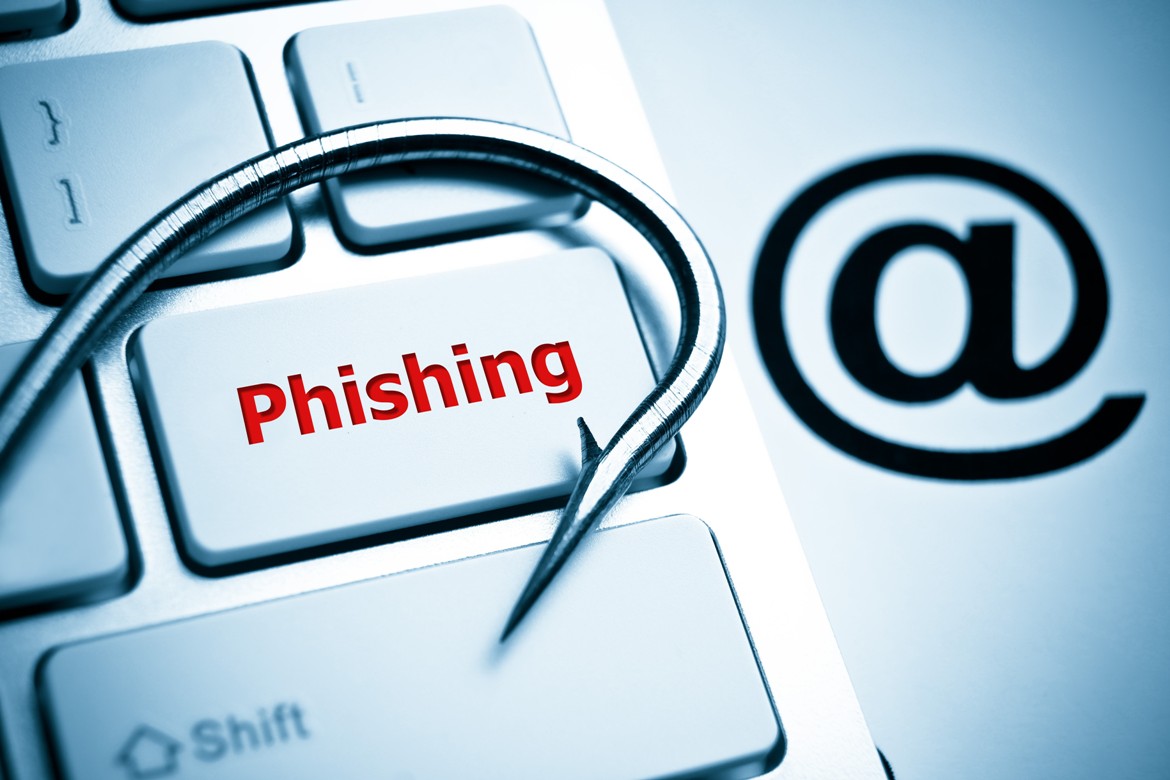Phishing Scams: Don’t Take the Bait
The scammers have “gone phishing.” This is the crime of using emails, websites and social media to steal your confidential information off your computer. The devious cyber crooks may convince you to install malicious software by having you click on a ...
Aug. 21, 2017

The scammers have “gone phishing.” This is the crime of using emails, websites and social media to steal your confidential information off your computer. The devious cyber crooks may convince you to install malicious software by having you click on a link or respond to an email. Phishing scams also may involve websites designed to look like legitimate well-known corporate and financial institutions.
But the scams don’t stop there. You may be contacted over the phone and instructed to provide your personal information immediately or face dire consequences.
Following are some steps to protect yourself.
- Guard against email spam. Be especially wary of suspicious or threatening messages.
- Only share confidential information on websites you know to be legitimate and secure.
- Never send financial or personal information via email.
- Don’t download files, click on links or open attachments sent from unknown sources.
- Be wary of f pop-up screens. Don’t enter personal information here or clink on links.
- Check online accounts regularly for unauthorized transactions.
- Use computer deterrents such as firewalls, anti-virus and spyware software and spam filters.
A healthy dose of common sense can go a long way. Don’t feel pressure into taking actions, especially where your personal information is concerned.
